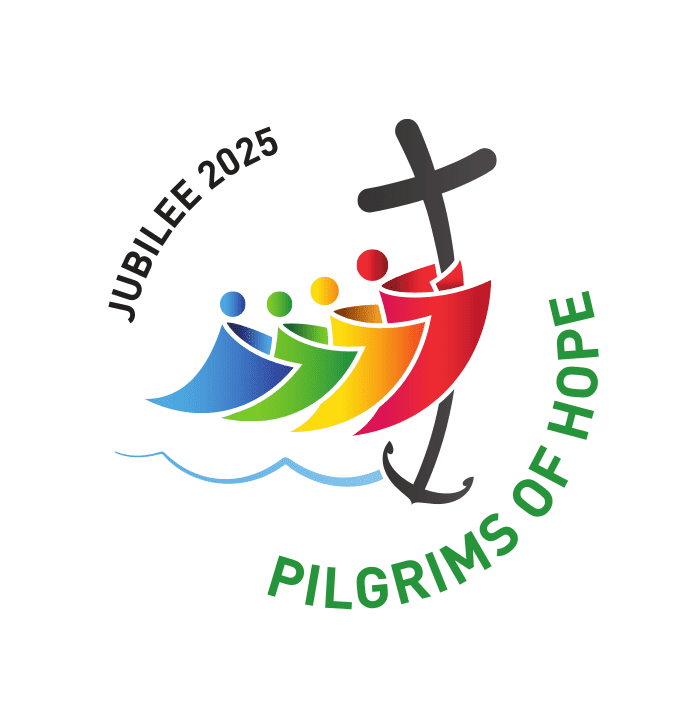The major themes explored in the document include:
- A moral and spiritual challenge — The ecological crisis, Pope Francis writes, is a summons to profound interior conversion, to renew our relationships with God, one another, and the created world.
- Care for God’s creation — God created the world and entrusted it to us as a gift. Now we have the responsibility to care for and protect it and all people, who are part of creation. Protecting human dignity is strongly linked to care for creation.
- Impact on the poor — People in poverty have contributed least to climate change, yet they are disproportionately impacted by it. As a result of excessive use of natural resource by wealthy nations, those who are poor experience pollution, lack of access to clean water, hunger, and more.
- Called to solidarity — We are one human family and have a shared responsibility for others and for creation. Wealthy countries have a responsibility to reduce consumption of non-renewal resources and should help poorer nations develop in sustainable ways.
- · Technological and economic development must serve human beings and enhance human dignity, instead of creating an economy of exclusion, so that all people have access to what is needed for authentic human development.
- Supporting life, protecting creation — Concern for nature is incompatible with failure to protect vulnerable human beings, such as unborn children, people with disabilities, or victims of human trafficking.
- · A time to act — Pope Francis calls for a change in lifestyle and consumption. We can make important changes as individuals, families, and communities, and as civil and political leaders.
- Hope and Joy — “Injustice is not invincible” (no. 74) and we act knowing that we seek to live out God’s vision of renewed relationships with God, ourselves, one another, and creation.
For more information on Laudato Si’ here.
 Mass Enrolments
Mass Enrolments




